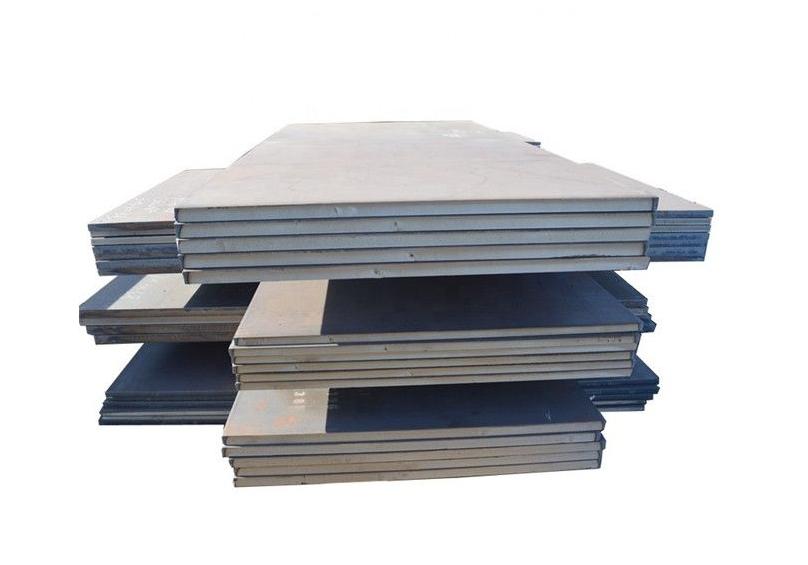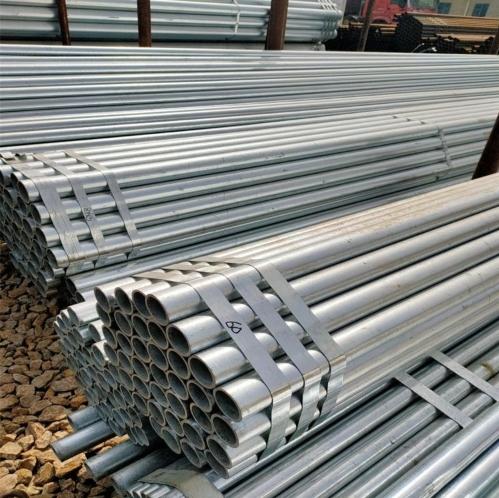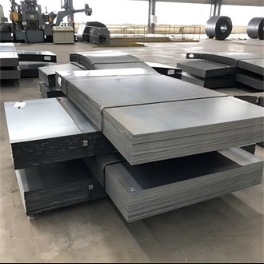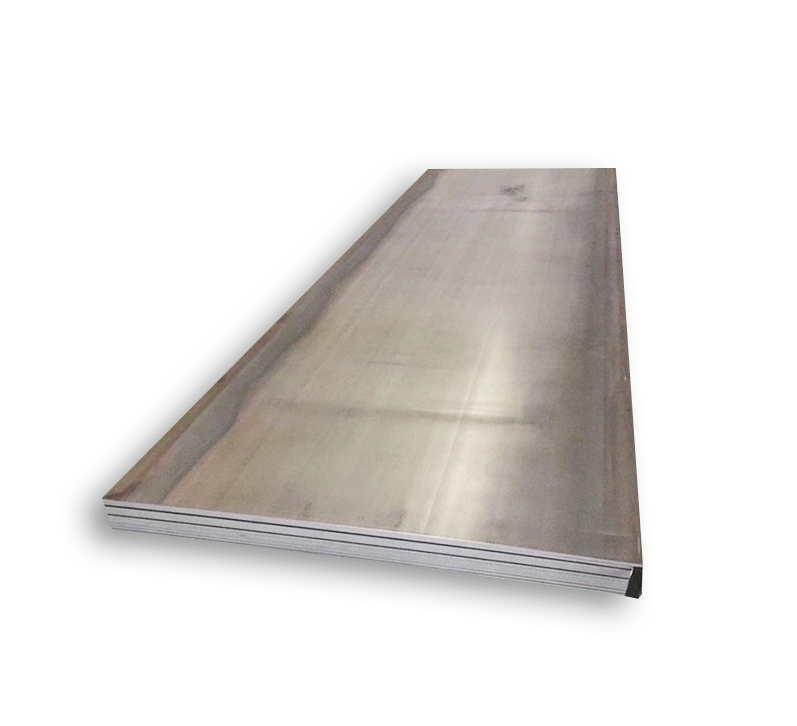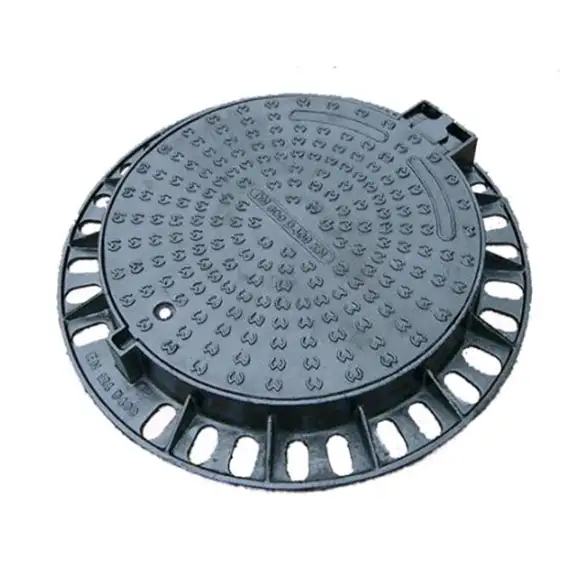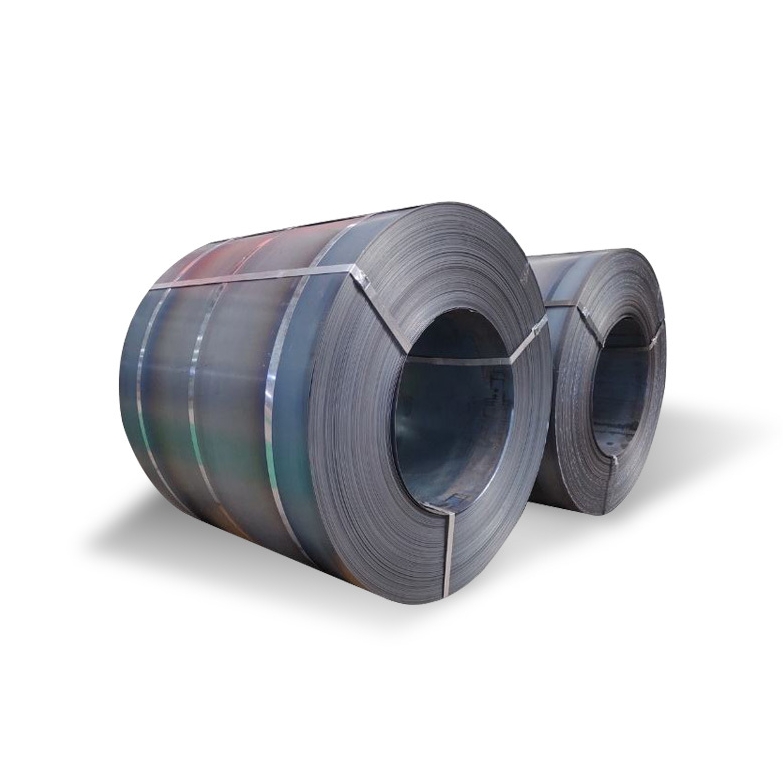Carbon steel plate—the heavy flat product made mainly from iron and carbon—is ubiquitous in industries like construction, shipbuilding, energy, and machinery. Standards such as ASTM A36, A572, A992 (widely used in structural steel), and EN series ensure consistency in mechanical traits, plate thickness tolerances, and chemical composition. A plate 2 m by 1 m, 10 mm thick → Volume = 0.02 m³ → Weight ≈ 157 kg. As professionals, we appreciate how carbon content affects characteristics like ductility, strength, weldability, and heat treatment outcomes.
Weight Calculation Fundamentals
Understanding accurate weight is vital for logistics, structural design, and cost estimation. The calculation is simple:
Weight = Length × Width × Thickness × Density
-
Metric: density ≈ 7,850 kg/m³
-
Imperial: ≈ 0.284 lb/in³ (7,850 kg/m³)
Example:
A plate 2 m by 1 m, 10 mm thick → Volume = 0.02 m³ → Weight ≈ 157 kg.
Manufacturing tolerances (±2–3%) and coating layers like galvanizing may alter actual weight slightly.
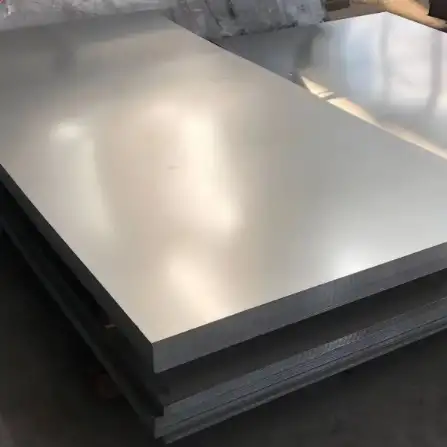
Technical Standards & Specifications
We align with key international norms and testing methods:
| Standard | Scope | Density/Size Spec |
|---|---|---|
| ASTM A36 | Structural low-carbon plate, ≤0.26% C | Density ~7,850 kg/m³; widely accepted |
| ASTM A992 | Wide-flange shapes, improved ductility | Carbon equivalent ≤0.45, density ~7,850 kg/m³ |
| EN10025 (S235, S355) | European structural steel | Standard composition, tolerance—density ~7.85 g/cm³ |
| ISO 4948 | Steel grade classification | Consistent chemical boundaries |
| GB/T 700 | China’s carbon structural steel standard | Equivalent of S235/S355 for Chinese mills |
These references help professionals trust both chemistry and mechanical fitness for welding, cutting, and fabrication.
Global Price Comparison
Here’s a snapshot of typical steel plate prices (per tonne) in major markets:
| Region | HRC Plate Price | FOB China Plate Price | Notes |
|---|---|---|---|
| United States | US $850–950 | — | Based on CRU Hot-Rolled Plate index |
| Europe | €800–880 | — | Derived from MEPS World Steel Index |
| China (FOB) | US $825–905 | US $804–905 | Pre-painted & structural plate info |
Luokaiwei’s factory-direct deals in China start around US $780–820/tonne, undercutting FOB benchmarks by 3–6%, with custom coatings and finishes included.
Case Study: Brazil Bridge Project
Project: 2024–25 river-crossing bridge outside São Paulo
Requirement: 2,500 tonnes of S355JR carbon steel plate, 20–50 mm thick
Challenges: High shipping costs, random inspection needs, precise mechanical verification
Approach by Luokaiwei:
-
Sample Validation: Delivered full-scale weld-and-cut samples for Brazilian lab approval.
-
Certification: Supplied MTCs, mechanical tests, chemical traceability per EN norms.
-
Logistics: Opted for monthly Qingshan port shipments, optimizing overland transit.
-
On-site Support: Assigned QA specialist during client inspection.
-
Results:
-
Delivered on time, within ±0.5% weight tolerance
-
Price landed 12% below European suppliers
-
No disputes over mechanical conformity
-
This highlights Luokaiwei’s ability to meet global procurement, quality, and logistic demands precisely.
Why Choose Luokaiwei
-
Factory-direct pricing: Eliminates middlemen so we convert your budget into product value—no hidden costs.
-
Fully Customizable: We tailor thickness, dimensions, edge finishes, heat treatment, coatings, drilling, CNC profiling.
-
Quality Assurance: Third‑party testing available. Documents include MTC, ultrasonic, chemical, tensile reports.
-
International Compliance: Standards include ASTM, EN, GB, ISO—plus additional certifications on request (e.g., ABS, BV, CCS).
-
Customer Engagement: We work closely with your engineering teams—from technical samples through on‑site acceptance—to minimize rework and delays.
Frequently Asked Questions
Q1: How precise is the plate weight calculation?
A: Our calculations are accurate to within ±2%, assuming standard density of 7,850 kg/m³; actual measure may vary with coatings and tolerances.
Q2: Can you produce plates thicker than 100 mm?
A: Yes. We routinely manufacture plates up to 200 mm thick, in line with EN/ASTM requirements, with tight flatness and hardness control.
Q3: What quality checks are available?
A: Options include ultrasonic testing (UT), magnetic particle testing (MT), Charpy impact tests, hardness checks, tensile/flattening tests, and PMI. All backed by certified labs.
Q4: Do you support small-batch or one-off orders?
A: Yes. MOQ is 1 tonne for standard sizes; lower quantities are quoted case-by-case with slight pricing adjustments.
Q5: What is the typical delivery time?
A: For standard plate dimensions, 25–30 days from deposit. For bespoke dimensions or treatments, 40–50 days. We expedite urgent orders subject to production availability.
Conclusion
Luokaiwei stands out not just for price but also for supply chain transparency, reliable customization, and robust quality controls. For large-scale engineering programs—like bridges, ship hulls, heavy equipment—or OEM orders, Luokaiwei provides a sustainable, certified, and cost-effective carbon steel plate solution.



